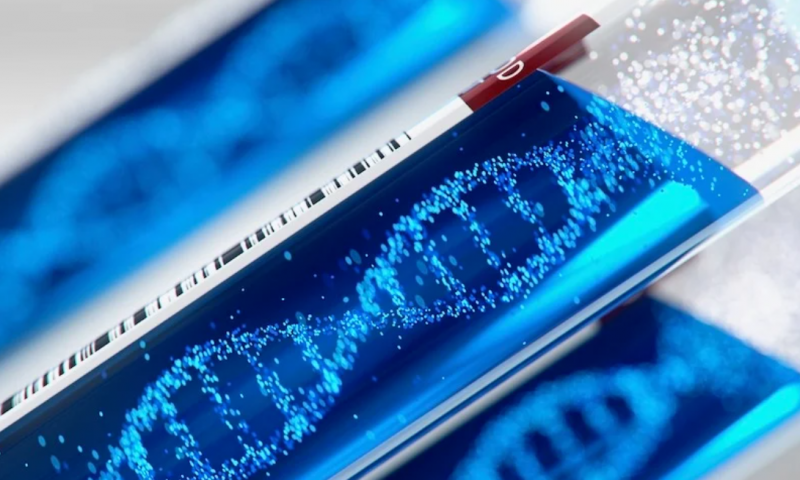As the lab instrument giant begins to lay down more roads into clinical testing—with recent diagnostics partnerships and cancer testing acquisitions—Agilent Technologies has also named its first chief medical officer to help guide the effort with the appointment of Katharine Knobil, M.D.
Most recently CMO and head of R&D at microbiome-focused Kaleido Biosciences, Knobil previously served as medical chief of GlaxoSmithKline and also helped oversee the Big Pharma’s evidence generation efforts in value and clinical outcomes as well as its late-stage product development in China.
After taking on the new role at Agilent in April, Knobil—named one of Fierce Pharma’s Fiercest Women in Life Sciences in 2018—will help expand the company’s work in precision medicine in addition to supporting its products for biopharmaceutical research.
“As we see continued new developments in patient care and as Agilent products and services become increasingly essential to the healthcare industry around the world, Kate’s knowledge, experience and insights will be critical for us to achieve our objectives,” Agilent President and CEO Mike McMullen said.
Earlier this month, Agilent announced it would acquire cancer test developer Resolution Bioscience for $550 million in cash upfront. The company’s next-generation sequencing blood tests could grant a foothold in a market expected to top $3 billion by the end of 2025 and double in the five years thereafter.
Part of Agilent’s strategy is to increase access to precision oncology testing by distributing diagnostic kits to smaller providers while also offering sequencing analysis as a service out of its centralized laboratories as the company grows its genomics business, McMullen said at the time.
Elsewhere, the company signed up for a collaboration with Fierce 15 winner Mammoth Biosciences to incorporate its CRISPR-based testing platforms into simple, high-throughput systems capable of handling 4,000 samples per day—including tests for COVID-19 and other infectious diseases.

